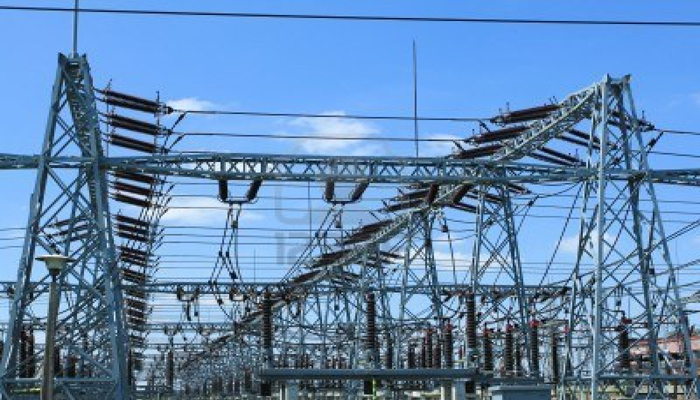- Power Generation Drops to 2,662 Megawatts
The Transmission Company of Nigeria (TCN) has said the nation’s power generation capacity dropped from 3,959 megawatts on January 4 to 2,662 megawatts on January 22.
The Nigerian Electricity System Operator (SO) website, a sub agency of TCN, disclosed the figure in its daily forecast on power generation data in Lagos yesterday.
The News Agency of Nigeria (NAN) reported that TCN attributed the drop to low water levels at the hydro power stations and dearth of gas to the power generating companies.
The TCN said the total output of 2,662.20 megawatts from all the generation companies yesterday had been transferred to the 11 distribution companies across the country.
According to the Nigerian Electricity Supply Industry (NESI) operational report for January 4, the power sector hit a peak generation of 4,959 megawatts but dropped to 2,662.20 megawatts on January 22.
NESI said the sector recorded highest system frequency of 51.32Hz and lowest system frequency of 48.52 Hz, while the highest and the lowest voltage recorded on Sunday were 372KV and 300KV, respectively.
An official of TCN who preferred anonymity, said electricity generation had been dwindling due to challenge of accessing gas by generation companies.
The official said low water levels at the country’s hydro thermal stations also contributed to the drop in generation.
He added that most hydro stations are currently confronted with low water challenges to generate energy.
The TCN official said this often caused system collapse when the system scrabbled to distribute energy from the grid to distribution companies and the quantum of energy was not sufficient.
According to him, it is a challenging period for power sector but it will get better once the hydro swing into high water level and gas becomes available.
He attributed the drop in generation to the attack launched against pipeline facilities belonging to the Nigerian Petroleum Development Company, (NPDC), on January 17 around Ugheli in Delta State.
Similarly, a top official of Egbin Power Station, who also pleaded anonymity, said the power plant, with a capacity of 1,320 megawatts now generates 340 megawatts due to gas constraint.
The official said the 340 megawatts Egbin generated was wheeled out to the national grid at 6a.m. yesterday.
The Minister of Power, Works and Housing, Babatunde Fashola, had last Friday said the sabotage of power assets by militants prevented Nigeria from generating 7,000 MW of electricity.
“Today, at its most frugal, the nation’s power grid would support 6,500MW; pushed to its limit, it would carry 7,200MW.
“So it is not true when you hear that the grid capacity is not more than 5,000MW. It is growing every day and more projects are coming up. “We have completed some and more are still coming up. So that is where we are,” Mr. Fashola said at the Nextier Power Dialogue in Abuja last Friday.
The minister said while power was out due to attacks in one axis, the expansion of either the grid or gas supply was kept alive on another axis and hydro power was also being expanded.

 Forex2 weeks ago
Forex2 weeks ago


 Naira2 weeks ago
Naira2 weeks ago
 Naira4 weeks ago
Naira4 weeks ago
 Company News4 weeks ago
Company News4 weeks ago
 Billionaire Watch1 week ago
Billionaire Watch1 week ago




 Naira2 weeks ago
Naira2 weeks ago




 Naira4 weeks ago
Naira4 weeks ago




 Naira1 week ago
Naira1 week ago






















